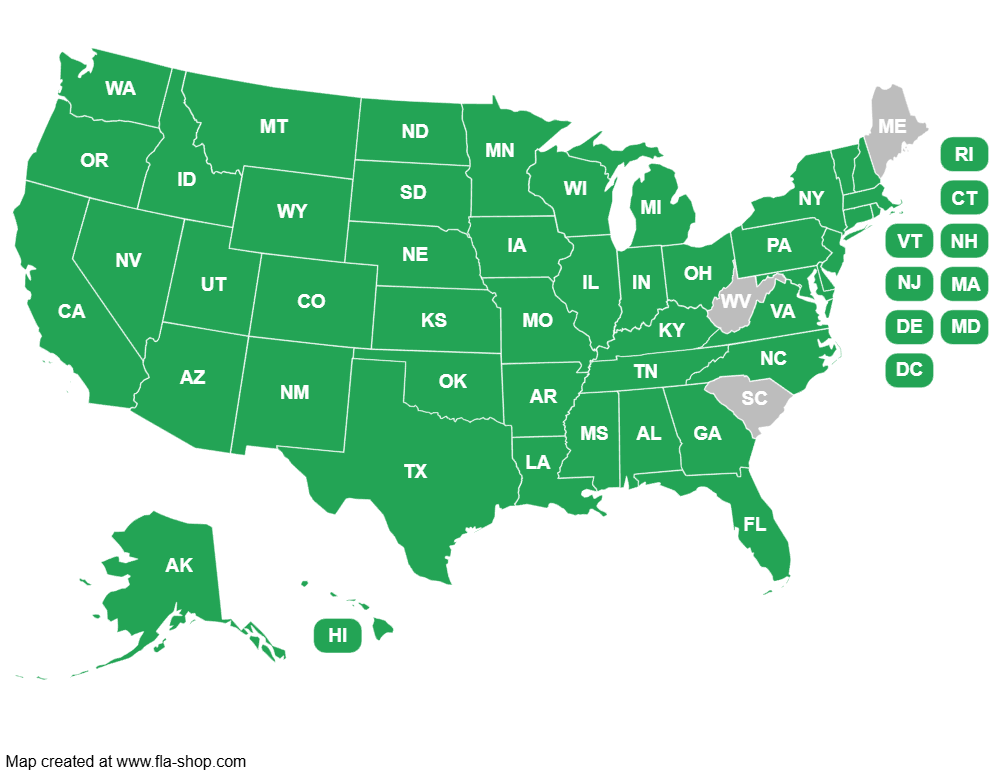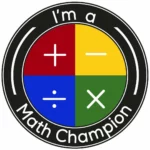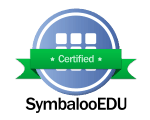In late April, two mathematics conferences were held in San Diego: The NCSM (National Council of Supervisors of Mathematics) and the NCTM (National Council of Teachers of Mathematics). This is the final in a series of posts from those conferences.
NCTM Session:
- Does Singapore Mathematics (SM) Enhance Students’ Learning in the United States? By Richard Askey, Patsy Wang- Iverson and Ban-Har Yeap
Here is the entire session description from the NCTM Program Handbook:
Many teachers want to use SM with their students, but they have been unable to provide data on its effectiveness in the United States. The speakers will report results of a longitudinal study of SM implementation, offer examples of concepts student learn and offer ways in which all students can learn math to high levels.
You can find the slides from Dr. Yeap on his website. After a quick review of the educational system in Singapore, he discussed the key components of their primary school mathematics program.
- Emphasis on problem solving
- Enrichment for all students
- Parental expectations
- System-wide interventions
- Using a concrete – pictorial – abstract progression, especially the models
- Teacher education, both pre-service and professional development
Dr. Yeap presented, then quickly left in order to get to his next session on solving Singapore Math Problems that was a ten minute walk away in another venue. Dr. Askey took over and reviewed some of the problems at greater depth.
Dr. Wang-Iverson provided everyone with a copy of the American Educator magazine containing a recent and very informative article she co-authored: Beyond Singapore’s Mathematics Textbooks -Focused and Flexible Supports for Teaching and Learning.
At the close of the session, I was not the only attendee wondering what had happened to that study. The success of Singapore Math in the United States tends to be based on anecdotal evidence. Teachers will say, “I could really tell my students were ‘getting it’ “or “our test scores soared”. Compelling, but hardly objective evidence of the curriculum’s efficacy here in the United States.
Typically, NCTM sessions are submitted over one year in advance and the presenters had hoped for valid research out of the promoted study. Due to some issues with the study cited in the NCTM session description, it will not be published. This longitudinal data on Singapore Math in the United States has been hard to come by. While hundreds of schools have adopted the curriculum, long-term information simply isn’t available from any of the larger implementations, yet.
The What Works Clearinghouse a department of the U.S. Department of Education Institute of Education Sciences, has looked at studies of Singapore Math at the middle school and elementary levels. At the elementary level, as of July 2007, the organization found that “no studies meet eligibility screens”. The WWC released a report in April 2009 regarding the middle school level material for Singapore Math (New Elementary Mathematics) which determined:
No studies of Singapore Math that fall within the scope of the Middle School Math review protocol meet What Works Clearinghouse (WWC) evidence standards. The lack of studies meeting WWC evidence standards means that, at this time, the WWC is unable to draw any conclusions based on research about the effectiveness or ineffectiveness of Singapore Math.
Note that the WWC simply didn’t find any studies among the twelve they reviewed that satisfy their protocol, so they can’t draw any conclusions as to the effectiveness of the Singapore Math Middle School Curriculum.
I’ve heard Patsy Wang-Iverson sum it up succinctly:
Without data, the chatta don’t matta.










I begin to wonder if the education system and mathematics syllabus reflect the geopolitical situation applicable in that country. I believe there may bot be a right ot wrong way to Singapore, Japan , US math or other country math for that matter.
Math is math and the basis of this discipline in inculcating the skills of problem solving, analytical skills, being able to work more efficiently by applying mathematics skills of data crunching etc etc.
One of the key difference between the Singapore Math & US Math lies in the system. U.S Maths has both federal standards and states standards. However, Singapore being a small country has syllabus determined by the state board of education called the Ministry of Education(MOE).
Another difference between Singapore Math & U.S Math lies in the tpics selection and coverage. U.S generally covers a breadth of topics whereas Singapore takes on a spiral approach in their curriculum and selection of topics.
i believe it is a culture issue. education is held in higher regard in singapore. every student has a tutor outside of school. school is the most important thing in every family’s life.
does anyone think a math teacher in singapore gets the “i wasn’t good at math either” when they call a parent?
Haha Doug. First let me say that it is hilarious that I found this at midnight on a Friday/Saturday.
I agree that there is clearly a cultural component at play. That having been said, let me ask you this? Chicken or the egg?
Would/will those negative mathematical paradigms exist if society was not progressed past out own who/ethnocentric views on the topic?
I believe that it wa Ghandi that told us to be the change that we wish to see in the world. That could apply here.